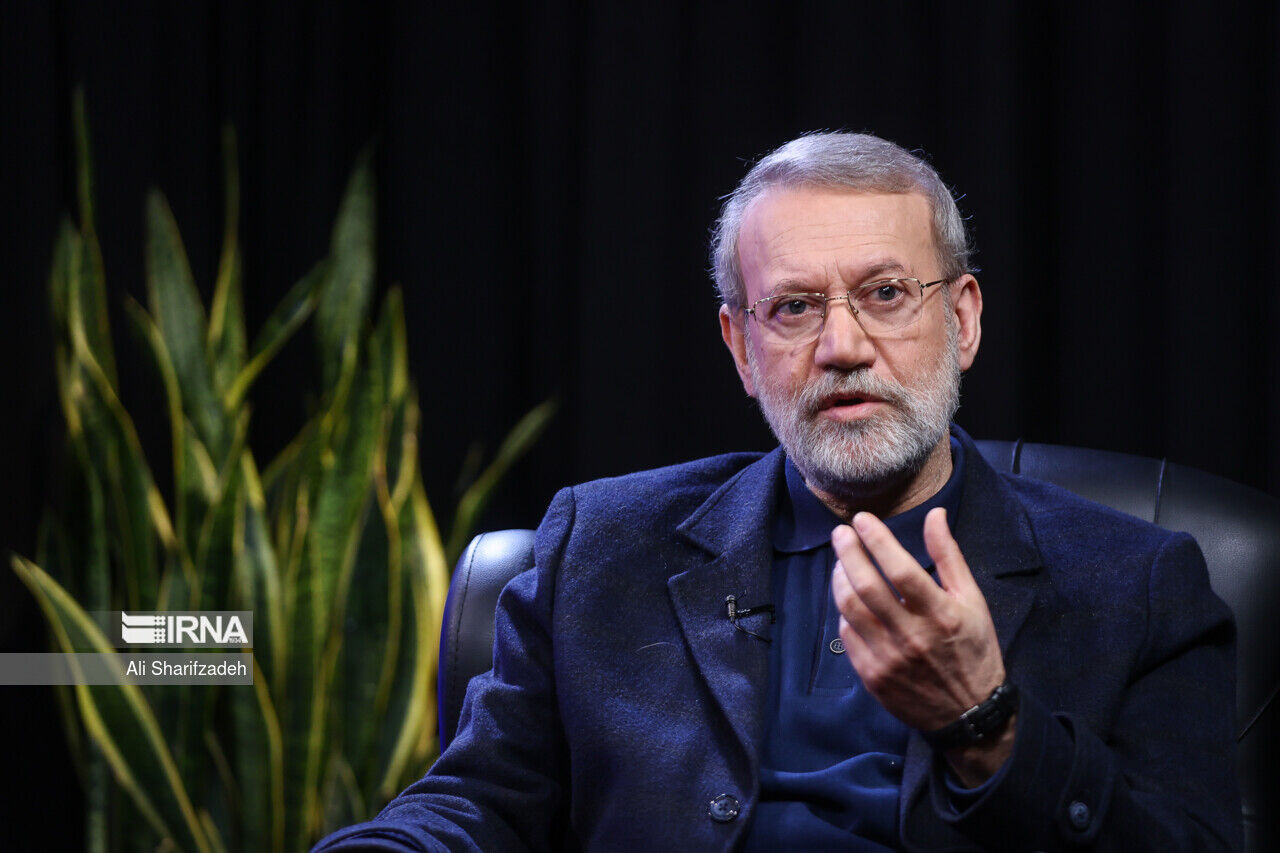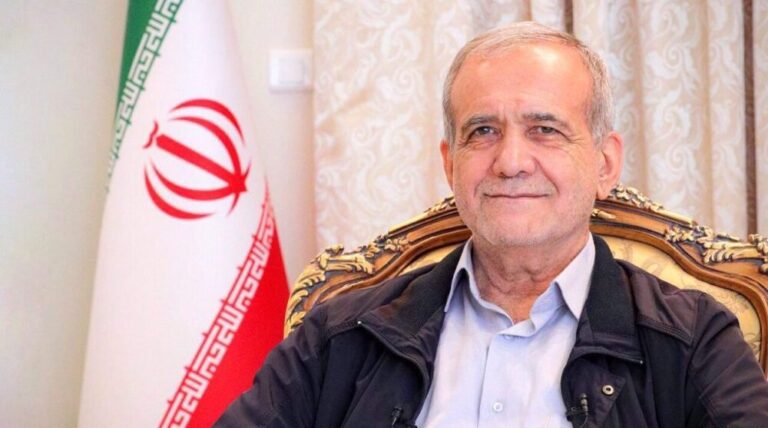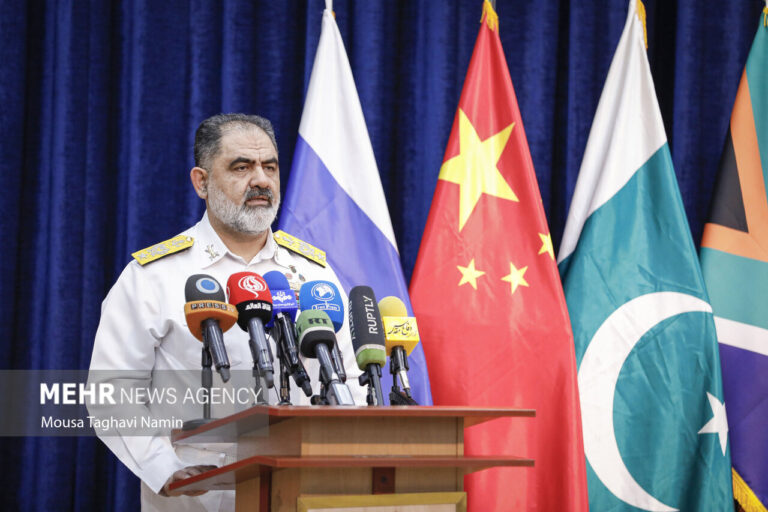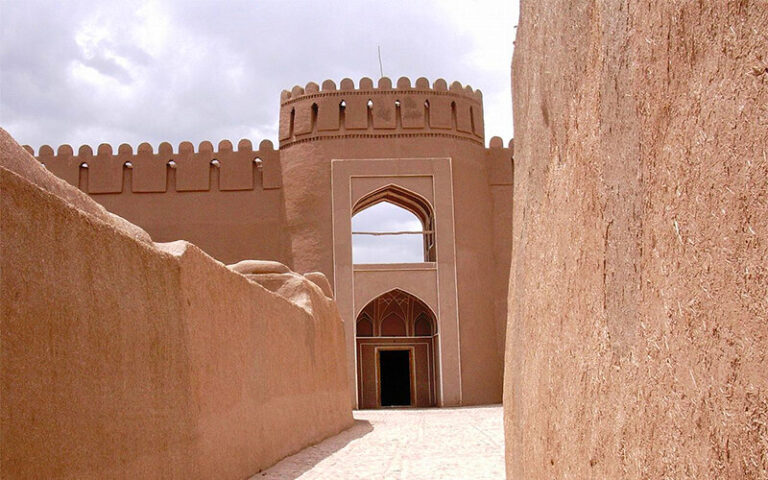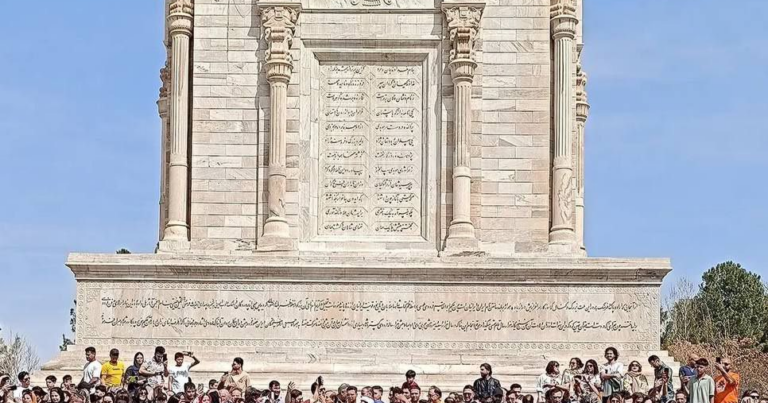Political Dynamics Take Center Stage in Iran Nuclear Program Negotiations, Says Advisor to Leader
In a recent address, Ali Larijani, a prominent adviser to the Leader of the Islamic Revolution, emphasized that the Iranian nuclear issue is fundamentally a political rather than a legal matter. This perspective sheds light on the complexities surrounding Iran’s nuclear ambitions and international relations.
During a ceremony commemorating National Teacher Day at Shahed University in Tehran, Larijani articulated Iran’s stance on nuclear knowledge, emphasizing its commitment to peaceful purposes. He pointed out several key issues:
- Prioritization of Peaceful Nuclear Knowledge: Iran is dedicated to acquiring nuclear technology solely for peaceful applications.
- Disregard from Other Parties: Some nations ignore Iran’s reasoning and instead choose to exert pressure on the country.
- Negotiation Dynamics: Larijani noted that negotiation must protect Iran’s interests; if it fails to do so, continuing talks lacks justification.
Furthermore, Larijani discussed the extensive sanctions imposed on Iran by the United States and other Western countries, asserting that these sanctions transcend nuclear concerns. He explained:
- The origins of US sanctions date back to when Iran acted as a satellite state before the 1979 Islamic Revolution.
- Post-revolution, Iran asserted its independence, leading to increased tensions with the West.
Addressing the Iranian nation’s resilience against foreign pressures, Larijani remarked that the rich history and civilization of the Iranian people will not yield to external coercion. He concluded by stating that the outcomes of indirect negotiations between Iran and the U.S. could vary significantly based on the rationality and fairness of the parties involved in the current international context.
